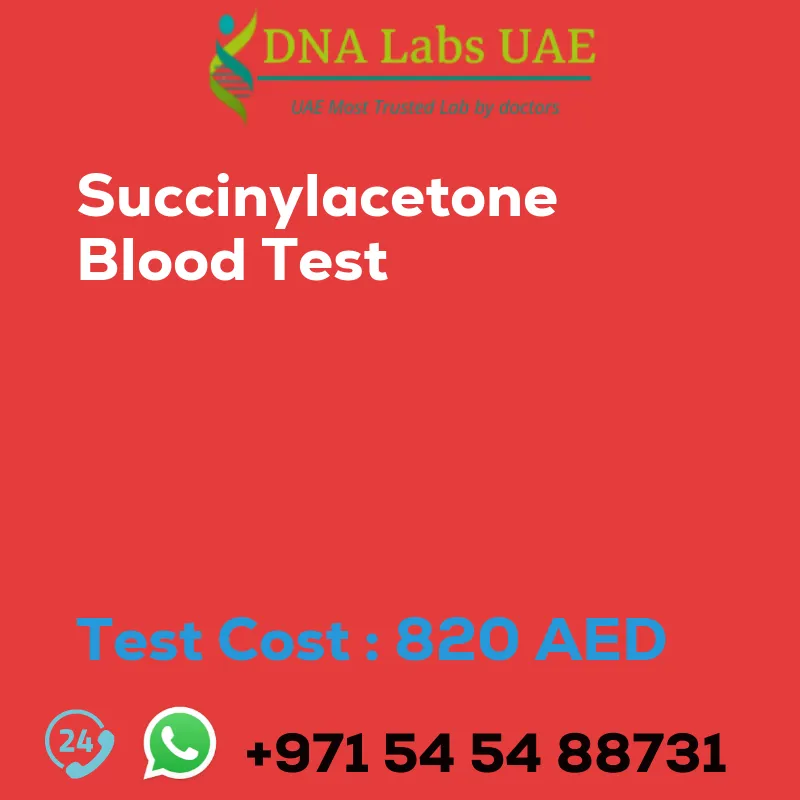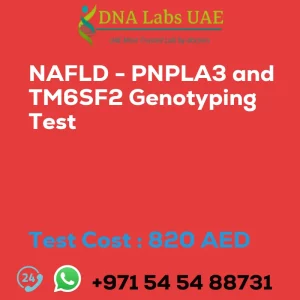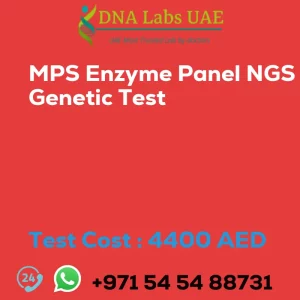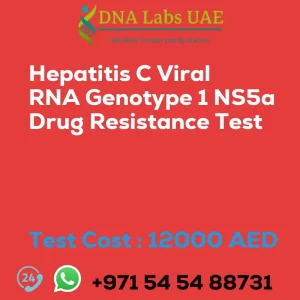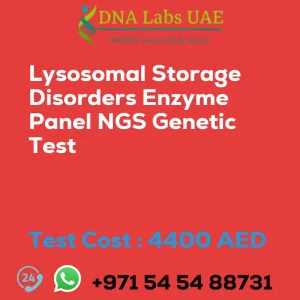SUCCINYLACETONE BLOOD Test – Genetic Lab, DNA Labs UAE
Test Name: SUCCINYLACETONE BLOOD Test
Components: LC-MS/MS
Price: 820.0 AED
Sample Condition: 1 drop of finger/heel prick fresh blood on special filter paper available from LPL. Ship refrigerated. DO NOT FREEZE. Give brief clinical history.
Report Delivery: Sample Mon/Thu by 9 am; Report Thu/Mon
Test type: Inborn Errors of Metabolism
Doctor: Pediatrician
Test Department: GENETIC
Pre Test Information: Give brief clinical history.
Test Details:
A succinylacetone blood test is a diagnostic tool used to measure the levels of succinylacetone in the blood. Succinylacetone is a metabolite that is typically elevated in individuals with a genetic disorder called tyrosinemia type 1.
Tyrosinemia type 1 is a rare inherited disorder that affects the breakdown of the amino acid tyrosine. In individuals with this condition, an enzyme called fumarylacetoacetate hydrolase is deficient, leading to the accumulation of toxic substances, including succinylacetone.
The succinylacetone blood test is typically performed in newborn screening programs to identify infants with tyrosinemia type 1. Early detection and treatment are crucial to prevent serious complications, such as liver and kidney damage.
During the test, a healthcare provider will collect a small sample of blood from a vein, usually in the arm. The blood sample is then sent to a laboratory for analysis. The laboratory will measure the levels of succinylacetone in the blood and compare them to normal ranges.
If the levels of succinylacetone are elevated, it may indicate a diagnosis of tyrosinemia type 1. Additional tests, such as genetic testing, may be performed to confirm the diagnosis.
It is important to note that a succinylacetone blood test is specific to tyrosinemia type 1 and may not detect other types of tyrosinemia or related disorders. If there is suspicion of a different metabolic disorder, additional testing may be necessary.
Overall, the succinylacetone blood test is a valuable tool in the early detection and diagnosis of tyrosinemia type 1, allowing for prompt treatment and improved outcomes.
| Test Name | SUCCINYLACETONE BLOOD Test |
|---|---|
| Components | |
| Price | 820.0 AED |
| Sample Condition | 1 drop of finger \/ heel prick fresh blood on special filter paper available from LPL. Ship refrigerated. DO NOT FREEZE. Give brief clinical history. |
| Report Delivery | Sample Mon / Thu by 9 am; Report Thu / Mon |
| Method | LC-MS/MS |
| Test type | Inborn Errors of Metabolism |
| Doctor | Pediatrician |
| Test Department: | GENETIC |
| Pre Test Information | Give brief clinical history. |
| Test Details |
A succinylacetone blood test is a diagnostic tool used to measure the levels of succinylacetone in the blood. Succinylacetone is a metabolite that is typically elevated in individuals with a genetic disorder called tyrosinemia type 1. Tyrosinemia type 1 is a rare inherited disorder that affects the breakdown of the amino acid tyrosine. In individuals with this condition, an enzyme called fumarylacetoacetate hydrolase is deficient, leading to the accumulation of toxic substances, including succinylacetone. The succinylacetone blood test is typically performed in newborn screening programs to identify infants with tyrosinemia type 1. Early detection and treatment are crucial to prevent serious complications, such as liver and kidney damage. During the test, a healthcare provider will collect a small sample of blood from a vein, usually in the arm. The blood sample is then sent to a laboratory for analysis. The laboratory will measure the levels of succinylacetone in the blood and compare them to normal ranges. If the levels of succinylacetone are elevated, it may indicate a diagnosis of tyrosinemia type 1. Additional tests, such as genetic testing, may be performed to confirm the diagnosis. It is important to note that a succinylacetone blood test is specific to tyrosinemia type 1 and may not detect other types of tyrosinemia or related disorders. If there is suspicion of a different metabolic disorder, additional testing may be necessary. Overall, the succinylacetone blood test is a valuable tool in the early detection and diagnosis of tyrosinemia type 1, allowing for prompt treatment and improved outcomes. |

